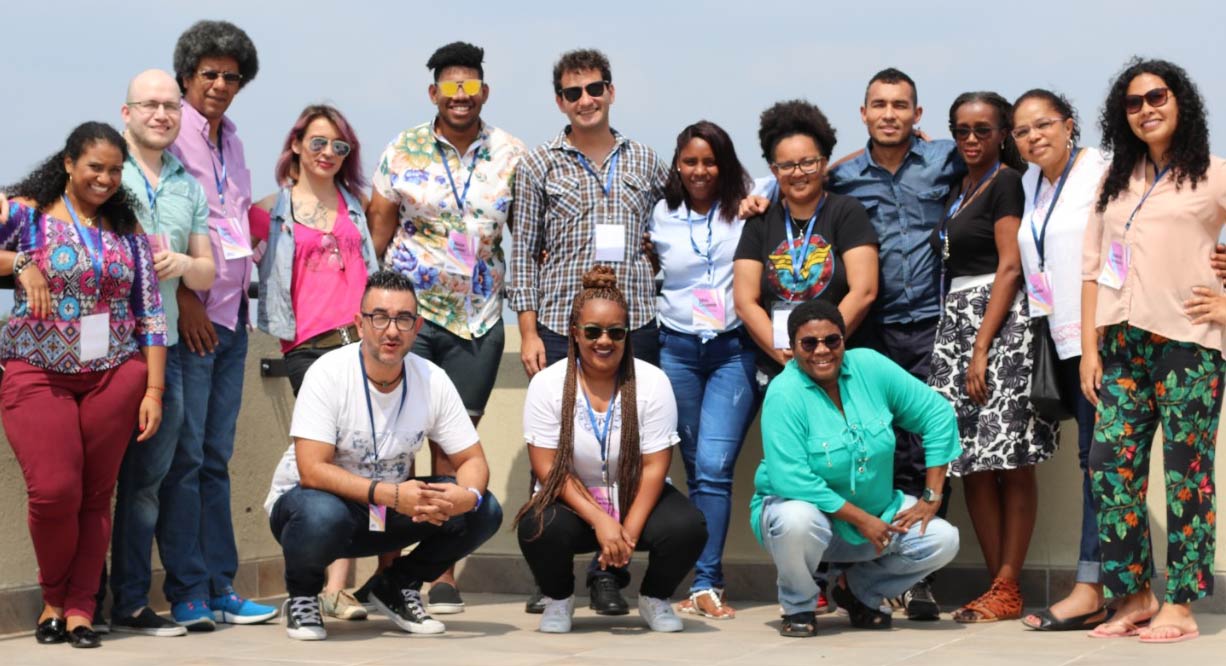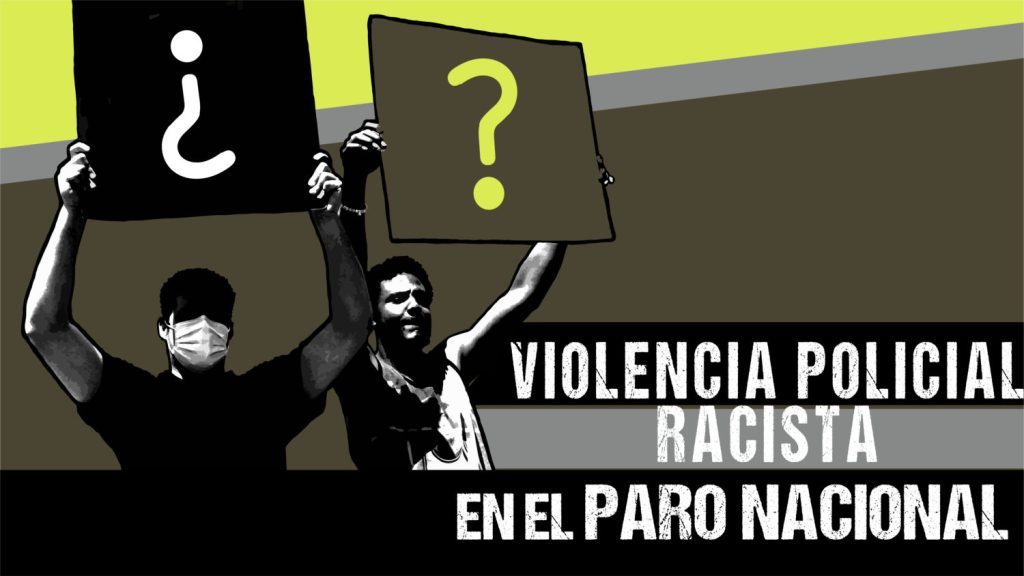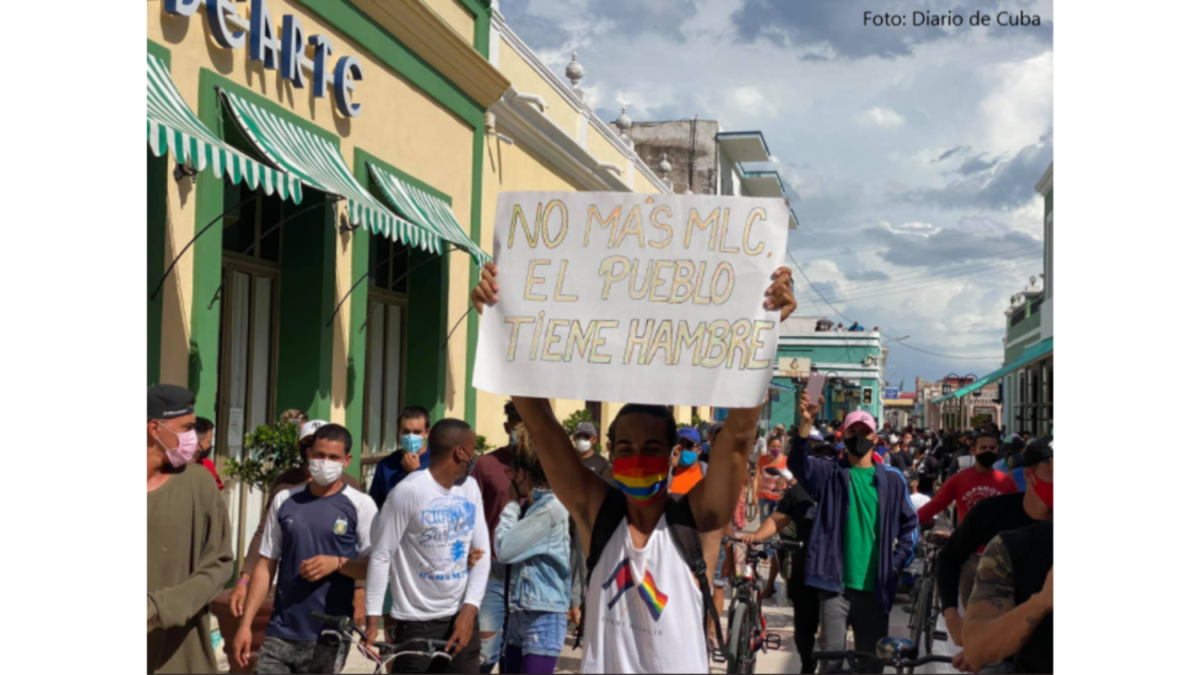Why talk about Afro – LGBTI? Leaders meet to reflect on the challenges of this intersection
Cali, Colombia – December 21, 2018. In partnership with organizations from Brazil, Colombia, Cuba, Peru, and the Dominican Republic, the International Institute on Race, Equality and Human Rights (Race and Equality) is carrying out a project to strengthen the rights of Afro-descendent LGBTI people. The workshop benefited from the participation of representatives from different countries […]

Cali, Colombia – December 21, 2018. In partnership with organizations from Brazil, Colombia, Cuba, Peru, and the Dominican Republic, the International Institute on Race, Equality and Human Rights (Race and Equality) is carrying out a project to strengthen the rights of Afro-descendent LGBTI people.
The workshop benefited from the participation of representatives from different countries of the region, including activists working with the Instituto Trans-formar (Trans-Form Institute) and the Red Nacional de Negros y Negras LGBT de Brasil (National Network of Black and Black LGBT of Brazil), the Conferencia Nacional de Organizaciones Afrocolombianas (National Conference of Afro-Colombian Organizations), the Fundación Afro-colombiana Arco iris de Tumaco (Afro-Colombian Rainbow Foundation of Tumaco) and Fundación Somos Identidad (We Are identity Foundation) of Colombia, the Red Peruana de Jóvenes Afrodescendientes Ashanti (Peruvian Network of Afro-Descendant Youth Ashanti), and, finally, the Transsa Siempre Amigas (Transsa Always Friends organization) from the Dominican Republic.
During the first part of the workshop, the members of the organizations had the opportunity to meet and discuss the need to consider the effects of intersectionality when analyzing the violations of human rights of the LGBTI population in Latin America and the Caribbean.

During the three working days, the participants of the workshop created an outline for a regional report on violence against the Afro-LBGTI population in Latin America and discussed the need for such a report, the scope it should have, and the most urgent subjects that should be reflected in the document. The content of the report as well as the inherent complexities of racial definitions and/or categorizations were part of the topics addressed in the workshop, which sought to enrich the discussions around the intersections of race and sexual diversity framed in a human rights analysis.
The second part of the workshop consisted of a conversation about the knowledge and experiences of LGBTI organizations that are part of the so-called Global South. Participants were able to share their experiences working with representatives of Colombian social organizations such as the Trans Community Network, a community process in the city of Bogotá. Katalina Ángel Ortíz, a member of that network, attended the workshop. Ms. Ortíz is a trans activist who works for the recognition and defense of the rights of LGBTI persons deprived of liberty as part of a community project with transgender women who perform sex work in one of the tolerance zones of the Colombian capital.

#AFROLGBTI - #HOY en compañía de activistes de #Brasil, #RepúblicaDominicana #Perú y #Colombia reflexionaremos en torno a ¿Qué implica vivir en la intersección afro-lgbti en la Región de America Latina y el Caribe? #ColombiaEsDiversa pic.twitter.com/zzRPW2SzDO
— Race and Equality (@raceandequality) December 19, 2018
Finally, on December 20, 2018, the workshop attendees had the opportunity to hold a public event in the city of Cali to discuss “Why talk about Afro-LGBTI?” This discussion allowed for reflection and the exchange of experiences among activists in the region and activists in the city. This meeting was a turning point for the participants, as the discussion opened with valuable questions about the need for greater participation of Afro-trans persons and questions about the role of “white-mestizo” persons in such type of discussions.
These questions, tensions, and discussions are part of the beginning of a process of approaching the intersection between racial diversity and sexual diversity. It was a first space for analysis and debate, which will continue to be replicated in upcoming events and strengthened with the participation of civil society.
Race and Equality together with the organizations part of this project will continue to work to strengthen the Afro-LGBTI civil society with impact strategies in the Inter-American sphere. Within the framework of this project, the second working meeting on the use of the Inter-American System, including how to request precautionary measures to protect the population, will be held in February 2019.

